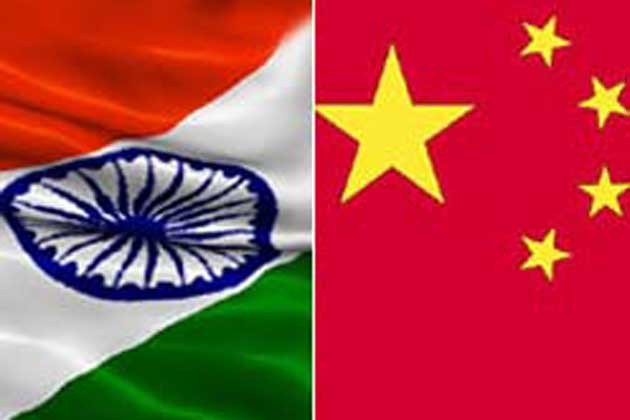Sino-Indian diplomatic ties do not only significantly rely on national-level exchanges anymore. In recent years, both Chinese and Indian authorities have seen the vital role played by province-state linkages in fortifying the countries’ relations.
The past decade has seen the increase in engagements between Chinese provinces and Indian states, which in turn has opened the door for more socio-economic opportunities for both nations.
Communications between the two countries often transpire during the visits of political leaders to each other's areas. For instance, when incumbent Indian Prime Minister Narendra Modi paid a visit back in 2011 when he was still Gujarat's chief minister, he had ample time interacting with a number of Chinese government officials.
Most of the engagements' themes have centered on economic expansion jointly pursued by both governments. The diplomatic talks also revolved in emphasizing more sister city partnerships.
Sister city partnerships are seen as strategic ways of fostering country-to-country relations. With such joint ventures, the nations' sub-national units akin with each other are linked in a way wherein opportunities for development are efficiently and effectively maximized.
In Oct. 2013, then Prime Minister Singh's visit to China, the countries have inked the sister city agreements for Kolkata-Kunming, Bangalore-Chengdu and Delhi-Beijing.
Another sister city partnership, that of Ahmedabad-Guangzhou, was signed when President Xi Jinping visited India in Sept. 2014.
China has not only partnered with India when it comes to sub-national units engagement. The case of China-U.S. relations has also seen such partnership. In fact, apart from delving on economic endeavors, the two giants have also teamed up in boosting educational and civil society ties.
As province-state exchanges are now regarded as a strong and sound foundation for upholding and strengthening the diplomatic ties of China with India, it is high time for government officials to call for the institutionalization of such partnership.
One foreseen way of realizing this goal is to conduct an annual dialogue between the countries' state and provincial authorities. This was the same strategy utilized by China in boosting its relations with the U.S.
In these regular diplomatic dialogues, agreements on the economic, health, education, research and technological aspects can be discussed.



























